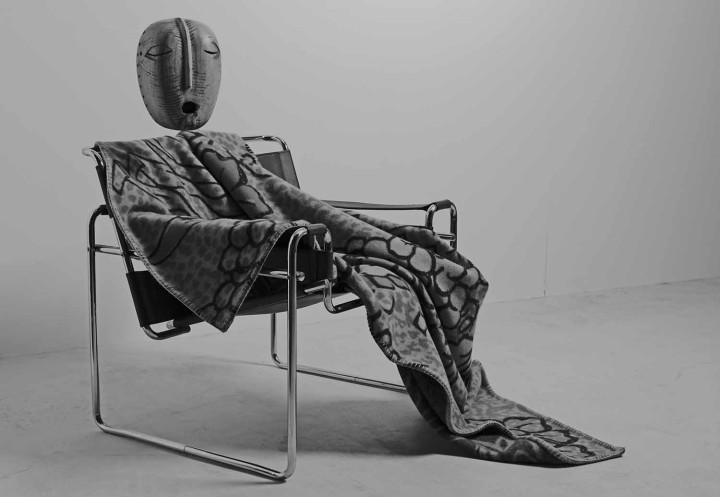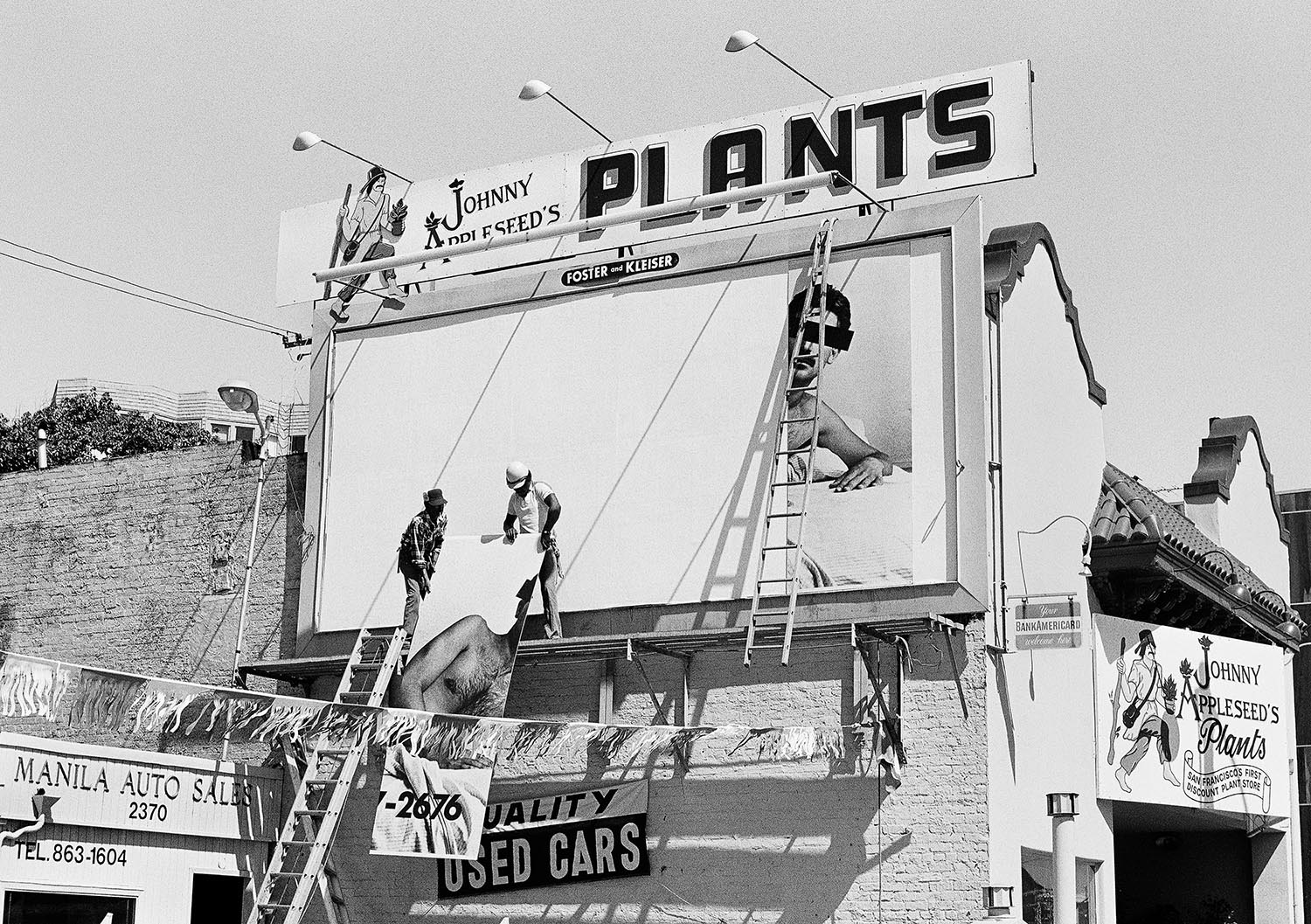Atelier E.B, the studio practice and collaborative fashion label run between Edinburgh and Brussels by artist Lucy McKenzie and designer Beca Lipscombe is preoccupied with dress as a phenomenon emerging from a lineage of industry, craft and labor.
On the occasion of the group show “’33 – ’29 – ’36,” curated by McKenzie and on view at the UM Gallery of the Academy of Arts, Architecture and Design in Prague, and their latest book, The Inventors of Tradition II, published by Koenig Books, McKenzie and Lipscombe spoke with Flash Art.
What is the methodology behind how and when you disseminate your collections?
We do not work with the fashion timetable. Instead, we work slowly to let things develop at the pace it needs around our other work and lives. Nothing is fixed, and with each new collection we try something new — working with different graphic designers, photographers, models and mannequins. The clothes are something of a pretext to do other things we like to do together and with collaborators.
What does it mean to exhibit fashion objects in a gallery space? What does art’s critical framework offer Atelier E.B?
Within an exhibition format our work can be part of broader discourse around showing design objects in a gallery or museum — where hierarchies of status dictate how it should be read. Through showing in galleries we get financial and moral support without having to submit to the pressure and self-interest of the fashion industry, with all its gatekeepers in the form of editors, buyers and stylists.
There is often a feminist orientation to your work, particularly in “’33 – ’29 – ’36.” How do you relate to dress and its history as a women’s industry?
Examining history from a feminist point of view is especially rich for fashion as a field with many great female producers that are now being written about seriously. Academic writers like Elizabeth Wilson, Caroline Evans and Tag Gronberg all explore fashions’ inherent radicalism instead of regarding it only of interest because of its proximity to existing grand narratives. As if fashion is only relevant because male figures like Mallarmé, Benjamin, Loos or Simmel permit it. Atelier E.B wants to be part of the project that uncovers lost histories and celebrates marginalized figures, especially women.
Does your work attempt to critique or destabilize of fashion’s market framework?
We don’t start from such a negative or conceptual starting point. Primarily, we make clothes for ourselves and our friends for working and that make us feel strong. That we can only go about that in a way which ignores the traditional fashion market framework is secondary. If that is read as inherently critical then it shows how entrenched those market rules are. We are more preoccupied with finding a way for Atelier E.B to flourish with our set values and ethics; this is more invigorating and empowering than critiquing.


